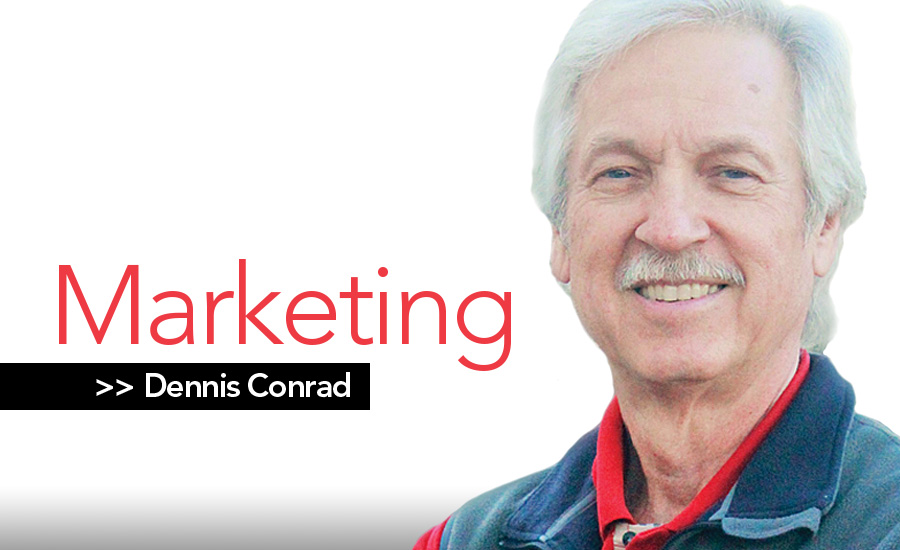I admit that the issue of free play in casinos has been bugging me (as well as many clients) for several years now.
The dispensing of free play offers to players’ club members has become ubiquitous. In some gaming markets, there are true “free play marketing wars,” where casinos are competing with each other to offer larger and larger amounts of free play to gamers, in the hopes of gaining (or keeping) market share.
And casino players love it. And they have increasingly grown to feel entitled to it.
But what does free play really cost a casino operator? Over the years, I have primarily heard three answers to this question:
- Response one: “Nothing.” This opinion usually stems from the mistaken belief that casino players will come to a casino with their free play, spend it all, and then use their normal gambling bankroll. In this view, free play is a free marketing tool that gets gamblers off their sofas and into the casino. But this view ignores the costs of communicating the free play offer; the players who Come in and onlyuse the free play on a visit (yes, they exist); the players who reduce their normal gaming spend by the amount of free play they received; any taxes a casino must pay on the free play that went into the slot machine as coin-in; and a few other ancillary costs.
- Response two: “The amount of the free play offer.” Or, put another way, 100 percent of the free play amount, less the slot hold percentage of running the full free play amount through a slot machine once. Finance folks tend to share this view, as a worst-case, financial liability scenario should all gamers come in, redeem their free play, and leave the casino. But this ignores the simple reality that the people who get free play are the ones who earned the benefit by repeatedly coming to the casino and … playing! I think it is safe to assume these players will largely do the same thing, whether they come to a casino armed with free play or not.
- Response three: “It depends.” While this may sound like an equivocating answer, it is the one given by most smart mathematicians who recognize all the variables involved in the free play question. It “depends” on the kind of machine at which the players use the free play (videopoker vs. slots, high-volatility vs. low-volatility slots, etc.). It depends on the time that players have to gamble on a trip. It depends on the size of their bankroll. It depends on a lot of factors. So, for these fact-based math guys and gals with the confusing (but usually right) equations, the cost of free play “depends,” and for them it is usually explained as a percentage of the amount of free play given to players, either individually or in total.
What I have not yet heard in the free play debate is anything to do with individual player psychology and observed behavior. Will patrons play more at a casino versus its competitor, if they get larger free play offers from it? How do players behave exactly at the moment that the free play is exhausted on a visit? How about players who are motivated to visit a casino by location, or friendly employees, or by “feeling I can win there”—do their casino selection factors change when they are bombarded with free play? Do players treat free play more as “found money” (and don’t mind losing it as much as real money), or as “just another part of their gambling bankroll” (and feel just as bad about losing it)?
Right now, my opinion is that free play is a tremendously powerful tool. Players lap it up in prodigious quantities. But I believe that our industry, having seen its potency, is now flinging this “free play fairy dust” around willy-nilly, without understanding its true cost or benefit.
For some players, I am sure, free play is a great marketing investment. For others, I am equally sure, it is a marketing waste of dollars and doesn’t change those players’ behavior or profitability one bit.
The key involves, as it usually does, our players so well as individuals that we can tell what kinds of marketing candy they really want and finding ways to give it to them in a method that makes sense for our business.
I’m afraid we haven’t done that yet with free play.
